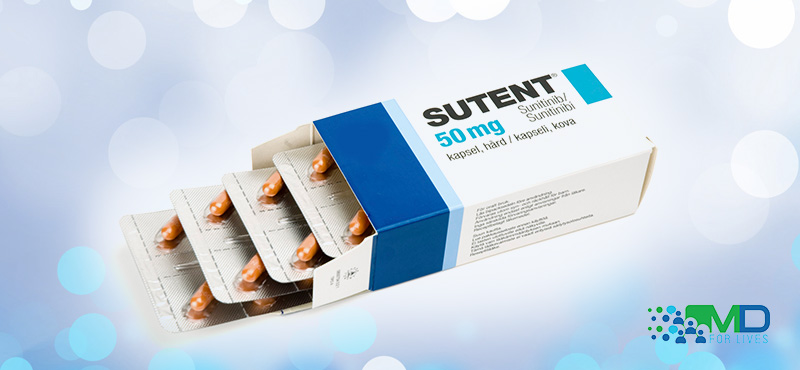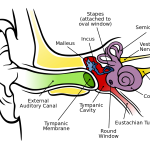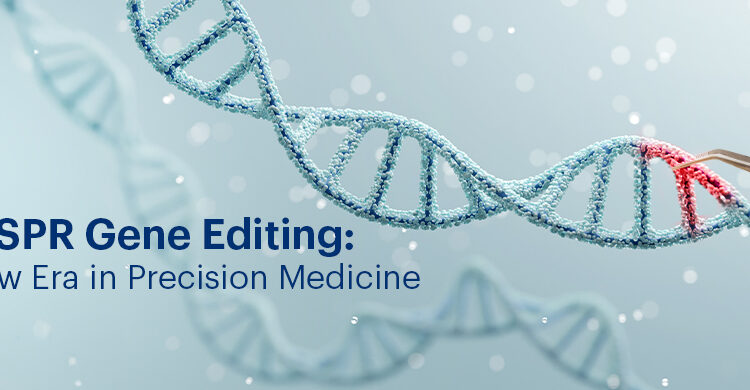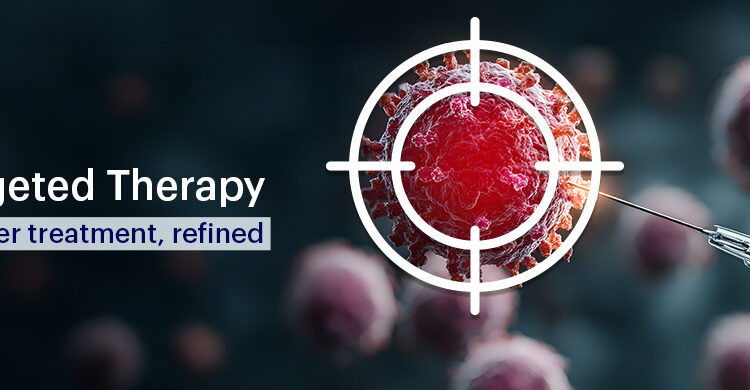Renal cell carcinoma (RCC) is one of the most common types of kidney cancer. It is diagnosed annually in approximately 3,00,000 people worldwide and results in approximately 1,29,000 deaths. The prognosis of the patient depends on the stage of cancer and other risk factors. The 5-year survival rate for a patient with locoregional (stage III) disease is 53% while that for metastatic disease is 8%. Sutent (sunitinib; Pfizer) is an orally available multi-targeted tyrosine kinase inhibitor which specifically inhibits vascular endothelial growth.
Surgical resection is the most common treatment for RCC patients with localised disease, however relapse with metastasis is observed in up to 40% of the patients who have undergone surgery. In the absence of curative treatments, adjuvant strategies for metastatic disease such as cytokine therapy, radiotherapy and hormone therapy have been tried but with little success.
A drug that has been explored as adjuvant therapy in patients with RCC at high risk of recurrence after nephrectomy is sunitinib malate. It is an oral multi-kinase inhibitor. Two important targets of sunitinib are vascular endothelial growth factor receptor (VEGFR) and platelet-derived growth factor receptor (PDGFR), which promote tumour growth and angiogenesis.

Sunitinib malate is marketed by Pfizer as Sutent. Sutent received FDA approval as first-line therapy for metastatic RCC in 2006. It was the first oral multi-targeted tyrosine kinase inhibitor (TKI) to be approved for treatment of RCC. The drug is also approved for the treatment of gastrointestinal stromal tumours (GIST) after disease progression on or intolerance to imatinib mesylate and advanced pancreatic neuroendocrine tumours (pNET) in patients with unrespectable locally advanced or metastatic disease.
Sutent is currently being explored as adjuvant therapy for the prevention of relapse in patients with RCC after nephrectomy. The phase III results were released in the recently concluded ESMO 2016 Congress, the annual meeting of the European Society for Medical Oncology held in Copenhagen, Denmark (07 Oct to 11 Oct, 2016) and simultaneously published in New England Journal of Medicine.
The trial is a randomized, double-blind, Phase III trial with 2 cohorts – Global and China. The results discussed here are from Global cohort. Six hundred and fifteen patients with a diagnosis of locoregional RCC were randomized to either sunitinib or placebo within 3 to 12 weeks after nephrectomy. The absence of macroscopic residual or metastatic disease after nephrectomy was required to be confirmed before enrollment. Primary end point of the trial was duration of disease free survival (DFS) while secondary end points were overall survival, safety, and health-related quality of life.
The median duration of disease-free survival in the sunitinib group was 6.8 years (95% confidence interval [CI]) as against 5.6 years (95% CI) in the placebo group (hazard ratio, 0.76; 95% CI, 0.59 to 0.98; P = 0.03). At the time of data cut off, an event of disease recurrence or a second cancer, or death occurred in 36.6% patients in the sunitinib group compared to 47.1% patients in the placebo group. At three-years, 64.9% patients in the sunitinib group were disease free, while this number was 59.5% in the placebo group.
Grade 3 or 4 adverse events were observed to be more frequent in sunitinib group (63.4%) than in the placebo group (21.7%). Dose reductions due to adverse events were also more frequent in the sunitinib group than in the placebo group (34.3% vs. 2%).No deaths due to toxic effects were reported while a moderate decline in the quality of life was reported among patients receiving active treatment.
The follow up in the trial was up to a median of 5.4 years. The proportion of patients who were disease-free with sunitinib was 8.0 percentage points higher than that with placebo at 5 years of follow up. This indicates that the advantages of 1 year of adjuvant treatment with sunitinib are maintained over time. However, patient life expectancy in this population at 10 years after nephrectomy is about 40%. Further study is therefore required to assess if the effects of adjuvant treatment with sunitinib are maintained over the long-term.






